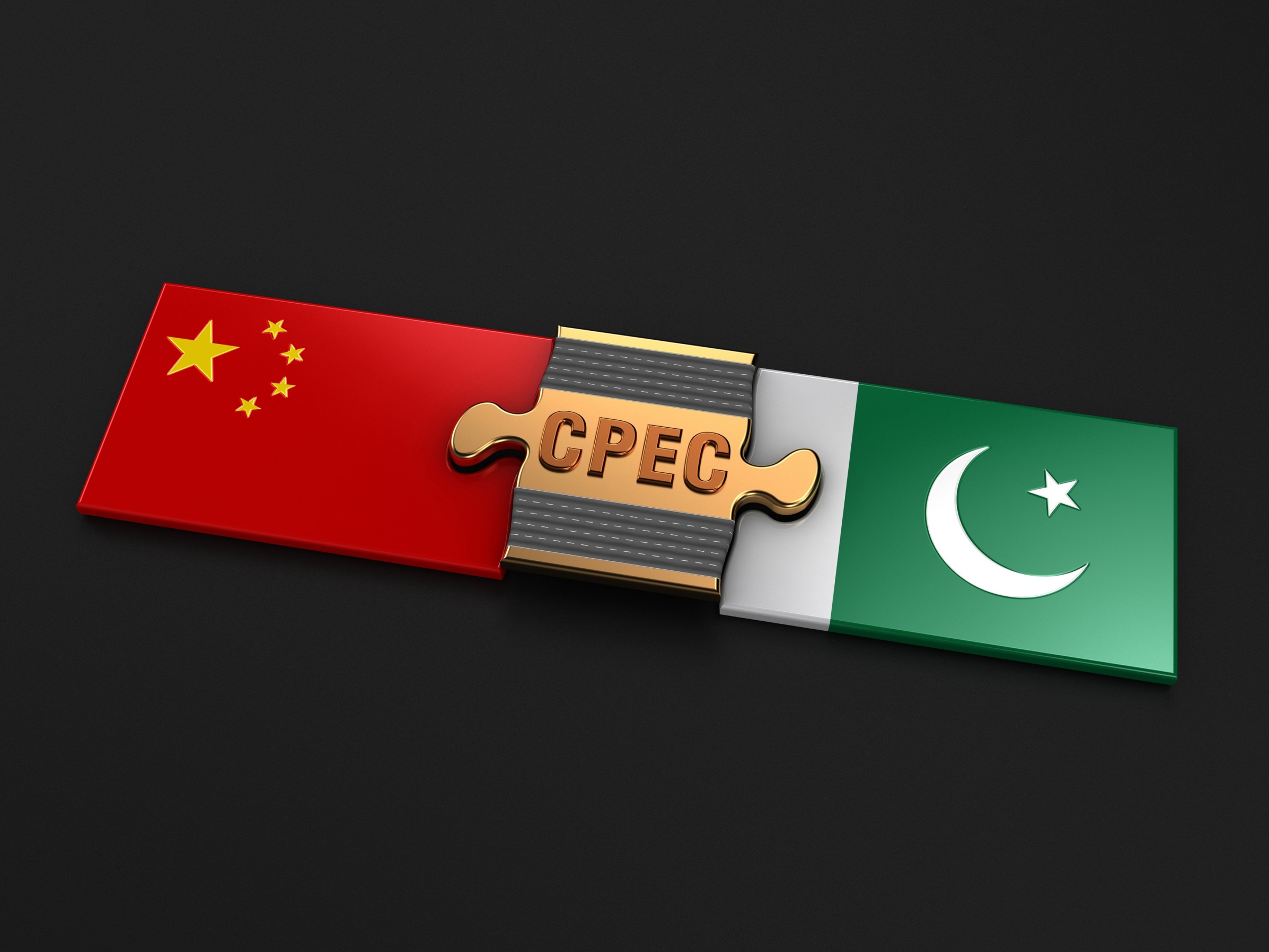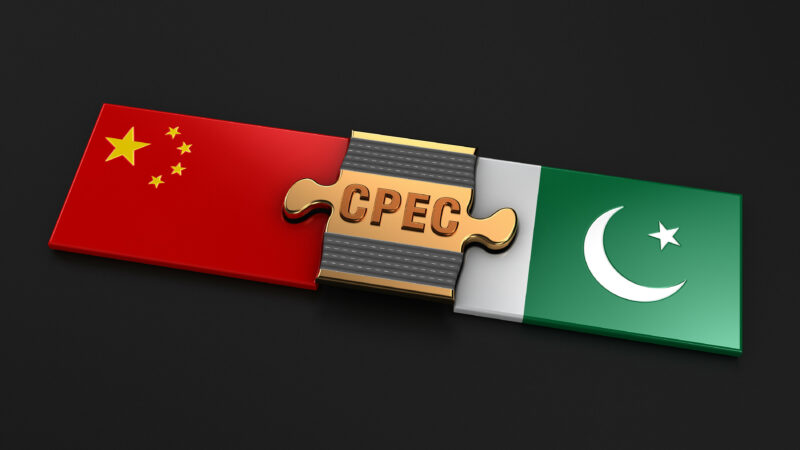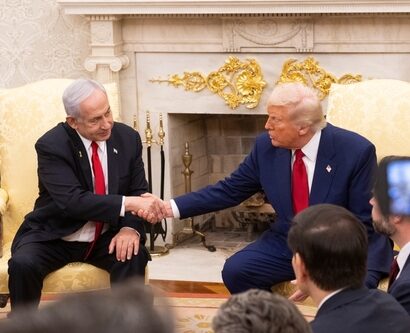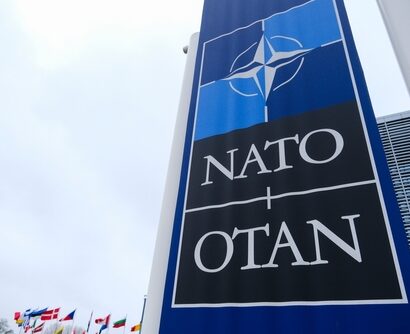Abstract: April 26, 2022, marks the first female suicide attack in Pakistan. Four people died, including three Chinese teachers and their Pakistani driver. A terrorist group in Pakistan, the Baloch Liberation Army (BLA), took responsibility for the attack. The state narrative on this attack was it was on the Pakistan-China cooperation. However, there is more to it. BLA attacked because it believes Islamabad and Beijing are exploiting the resources of Baluchistan and that native people are not getting their due share.
Problem statement: How to solve the BLA problem of putting blood stains on “Iron Brothers”[1] while addressing the grievances of the Baloch people?
Bottom-line-up-front: The state of Pakistan should address the grievances of Baluchistan in its political strategy along with a military strategy.
So what?: To solve the BLA problem, Pakistan’s politicians should acknowledge the grievances of the Baloch community and give them a voice in the China-Pakistan Economic Corridor (CPEC) while fighting separatist groups like BLA who have radical agendas.

Source: shutterstock.com/Digital Saint
An Attack in “Iron Brothers”?
“A Friendship Higher than the Himalayas, deeper than the ocean, sweeter than honey, and stronger than steel.”
On April 26, 2022, three Chinese linguistic teachers and a Pakistan driver were killed in a suicide blast near the Karachi University’s Confucius Institute.[2] The attacker belonged to Baloch Liberation Army (BLA), a nationalist terrorist group proscribed by Islamabad. The BLA has a long history of targeting Chinese nationals and projects in the past, and the threat posed by the group has always raised skepticism about Pakistan-China bilateral cooperation, specifically in Beijing. This attack has again raised concerns about the continuity of Pakistan-China cooperation, which is a reason to worry for Islamabad.
This incident is unique because it was carried out by a Baloch woman, Shari Baloch, who is now the first female suicide attacker in Pakistan. She was an educated working woman who belonged to an educated family.[3] Before this attack, it was evident that only extremist Baloch were participating in terrorist activities; however, this attack reflects the participation of the educated class of the Baloch tribe. The Ministry of Foreign Affairs labelled this attack as an attack on “Iron Brothers.”[4] However, this is a half-reality. This attack was not only on Pakistan-China cooperation, but there was more to it. The resentment and grievances of Baloch people toward Pakistan and China, which forced educated minds like Shari Baloch to participate in this conflict, tell a different story. Baluchistan is the largest province of Pakistan, with the smallest population and minimal development. Yet the mineral and energy potential of Baluchistan outmatches other parts of Pakistan. Since native people are not the beneficiaries of Baluchistan’s natural wealth, its lack of development has alienated them from the rest of the country, this sense of marginalisation has given birth to extremist and separatist voices in the Baloch community. Fractions like the Baluchistan Liberation Army (BLA), the Baloch Republican Army (BRA) and the Baloch Liberation Front (BLF) are picking up arms against the states. Among these three, the BLA is the most influential group, operating against the state since 2000.
“CPEC Will Miserably Fail”
Apart from grievances toward Pakistan, the BLA also believes that China’s presence in Baluchistan is against the interest of local people as Pakistan and China exploit the Southwestern province’s resources. In the last two decades, the presence of Chinese stakeholders has steadily increased in Baluchistan. Moreover, a state-owned company in China has built and now is operating the strategic port of Gwadar. This port is strategically important for Pakistan and China to make the China-Pakistan Economic Corridor (CPEC) and the Chinese global endeavor, the Belt and Road Initiative (BRI), a success. Other than the port, many projects came under the umbrella of the CPEC in Baluchistan. So in the presence of international, national and influential private players, the already already-marginalised community will be further sidelined, which the BLA does not want.
In the last two decades, the presence of Chinese stakeholders has steadily increased in Baluchistan. Moreover, a state-owned company in China has built and now is operating the strategic port of Gwadar.
The April 26, 2022, attack was a warning for Islamabad and Beijing, and after the attack, the BLA sent a video message to Islamabad and Beijing. In that message, BLA’s masked man warned China that there shall be more attacks like these and that Chinese nationals and projects are not safe in Baluchistan. Therefore, China must quit and leave the Baloch homeland. The masked man in that video also addressed the Chinese president Xi Jinping: CPEC will miserably fail, and the BLA guarantees that. He also threatened Xi that the sons and daughters of Baluchistan shall retaliate in a way that China will never forget.
In that message, BLA’s masked man warned China that there shall be more attacks like these and that Chinese nationals and projects are not safe in Baluchistan.
The video message and terrorist attack are not convincing Beijing to quit. Instead, Beijing is looking forward to countering this threat and will force Islamabad to play a responsible role. After the attack, Assistant Minister of Foreign Affairs Wu Jianghao called the Pakistani Ambassador to China. He expressed his concerns regarding the safety of Chinese citizens in Pakistan and asked to improve their security and prevent such future attacks. He also demanded the investigation of the incident and punishment for the perpetrators[5]. Hu Xijin, the former editor-in-chief of Global Times, tweeted: “The BLA will definitely be more resolutely annihilated. I support the Chinese military to launch direct air-strikes against this terrorist organisation’s camp after getting approval from the Pakistani government.”[6] If future BLA attacks lead to this situation, then Pakistan has to fight another war against terrorism on its soil; however, this time for Chinese interest. In this scenario, Pakistan will be internally disabled again, and all the efforts of the last two decades will go in vain. Thus, Pakistan should avoid Chinese military interference.
The Need for a more Comprehensive Approach
Islamabad and Beijing both blame India for supporting Baloch terrorism and the Tehrik-i-Taliban Pakistan (TTP). Both believe that India sponsors these groups to sabotage the Pakistan-China cooperation and CPEC.[7] However, Pakistan should not make this an excuse to not give the people of Baluchistan their due rights. To stop the BLA, Islamabad should enhance its military strategy; even more, a broader political policy should back it. The military should only go against the violent forces, and politicians of Pakistan should hear the grievances of the Baloch people and provide them with Political and Civil rights and the Socio, Economic and Cultural Rights. To provide economic rights (development), Islamabad can also allow a non-violent group of Baloch elites in the negotiations and planning of CPEC to become the voice of local communities. This act will also improve the trust between the Baloch people and China.
Islamabad has to eliminate the roots of terrorism in Baluchistan as soon as possible because delaying will increase the cost of CPEC and slow down its procedures. China is already uncomfortable with the slowdown of CPEC, so this can hamper the Pakistan-China cooperation in the future. In a nutshell, we can argue that Islamabad has to solve the issues of the Baloch people for the success of CPEC. Also, it will be a great leap forward for Pakistan if it resolves the grievances of the Baloch community, which have been present since the creation of Pakistan. The BLA intends to cause more strains on Pakistan-China cooperation, and the military solution will only prolong the conflict. Thus, Islamabad should aim for a political solution to this problem.
In a nutshell, we can argue that Islamabad has to solve the issues of the Baloch people for the success of CPEC.
Waleed Sami is a student of International Relations, doing his bachelors from the National Defence University in Islamabad, Pakistan. Waleed’s areas of interest are IR theories, geopolitics and rising China. He has served as a research intern at the Institute of Policy Studies (IPS) and a junior researcher at the South Asia Strategic Stability Institute (SASSI). The views contained in this article are the author’s alone and do not represent the views of the National Defence University.
[1] Due to strong and trustworthy relations between Pakistan and China, both states call each other its “Iron Brother.” This term was coined by Chinese netizens as they refer to Pakistan as “Batie” (Iron Bother).
[2] BBC, “Pakistan attack: Chinese tutors killed in Karachi university bombing,” April 26, 2022, accessed May 14, 2022, https://www.bbc.com/news/world-asia-61229589.
[3] Kiyya Baloch and Akbar Notezai, “Pakistan: Woman suicide bomber change in Baloch rebels’ strategy?,” Al Jazeera, April 28, 2022, accessed May 23, 2022, https://www.aljazeera.com/news/2022/4/28/pakistan-woman-suicide-bomber-change-in-baloch-rebels-strategy.
[4] The Ministry of Foreign Affairs Government of Pakistan, “Terrorist Attack in Karachi,” April 26, 2022, accessed May 15, 2022, https://mofa.gov.pk/terrorist-attack-in-karachi/.
[5] Ministry of Foreign Affairs, the People’s Republic of China, “Foreign Ministry Spokesperson’s Remarks on the Terrorist Attack on a Van of the Confucius Institute at the University of Karachi,” April 27, 2022, accessed May 15, 2022, https://www.fmprc.gov.cn/mfa_eng/xwfw_665399/s2510_665401/2535_665405/202204/t20220427_10674272.html.
[6] “Call for China to launch airstrikes on Baloch militants after Karachi attack,” The Week, April 27, 2022, accessed May 23, 2022, https://www.theweek.in/news/world/2022/04/27/call-for-china-to-launch-airstrikes-on-baloch-militants-after-karachi-attack.html.
[7] Syed Fazl-e-Haider, “Pakistani separatists turn their sights on China,” The Lowy Institute, May 16, 2022, accessed May 23, 2022, https://www.lowyinstitute.org/the-interpreter/pakistani-separatists-turn-their-sights-china.





